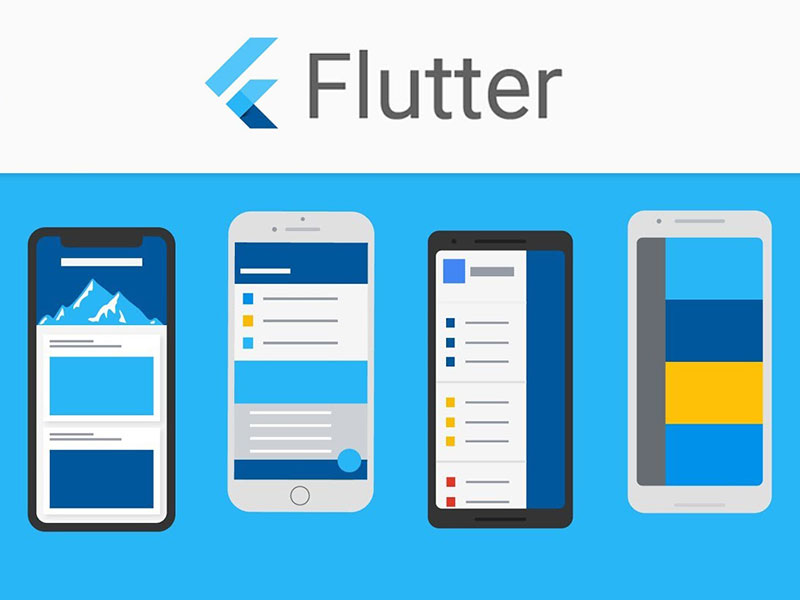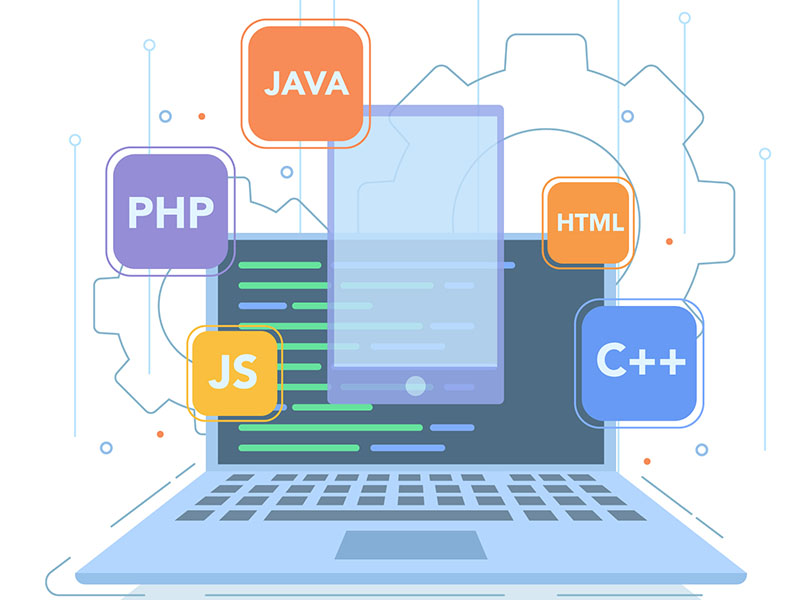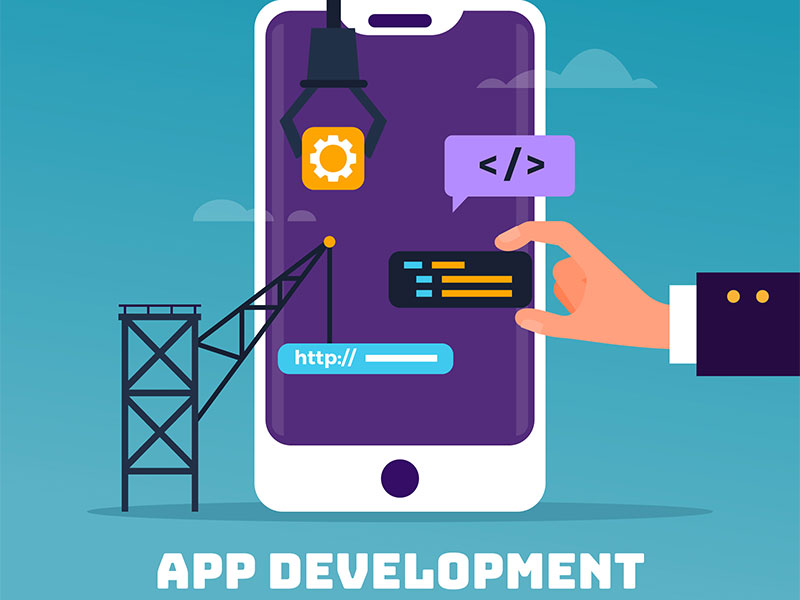Flutter is an open-source platform for creating highly interactive cross-platform applications. It is the latest Mobile App Development Software Kit launched by Google. Using Flutter developers can build functional interfaces for both Android and iOS applications with a single codebase. The capability of the Flutter platform to accelerate the process of app development helps developers to establish a wider market reach. It offers a complete set of tools including widget and framework required by a developer to build modern mobile apps. The Flutter framework is a prominent choice for developers who desire to create interactive cross-platform hybrid apps. This article will cover basic features and functionalities of Flutter that make it a favorite choice of developers for creating interactive mobile apps. So, let’s get started:
Features of Flutter
The top features of Flutter Framework are:
- Flutter is a completely free and open-source platform for software development.
- Similar to React Native, Flutter also offers an auto-reload feature. This allows developers to monitor real-time changes in output directly.
- Flutter framework is based on easy to learn Dart programming language.
- Flutter’s UI toolkit allows creating visually appealing Android and iOS apps.
- Flutter offers built-in widgets, Cupertino and Material for iOS and android app development.
However, one of the biggest reasons that make Flutter highly popular among developers is the Dart.
Dart
Dart is an open-source programming language by Google. Dart follows a C-style syntax and is an objected-oriented.
The key features of Dart are:
- Dart is native programming with predictable and AOT (Ahead of Time) compilation. This facilitates fast Flutter processing and widget customization.
- For enforcing speedy development and workflow change Dart can be compiled JIT (Just In Time).
- Dart encapsulates features of both static and dynamic languages therefore it is easier to learn.
Flutter vs Other Frameworks
Other frameworks such as React Native and Ionic too are capable of delivering high performance but in some aspects, Flutter outperforms both. It does not require any native transition or bridges to connect with native modules. Hence, the Flutter SDK offers developers everything required for app development in its engine only.



